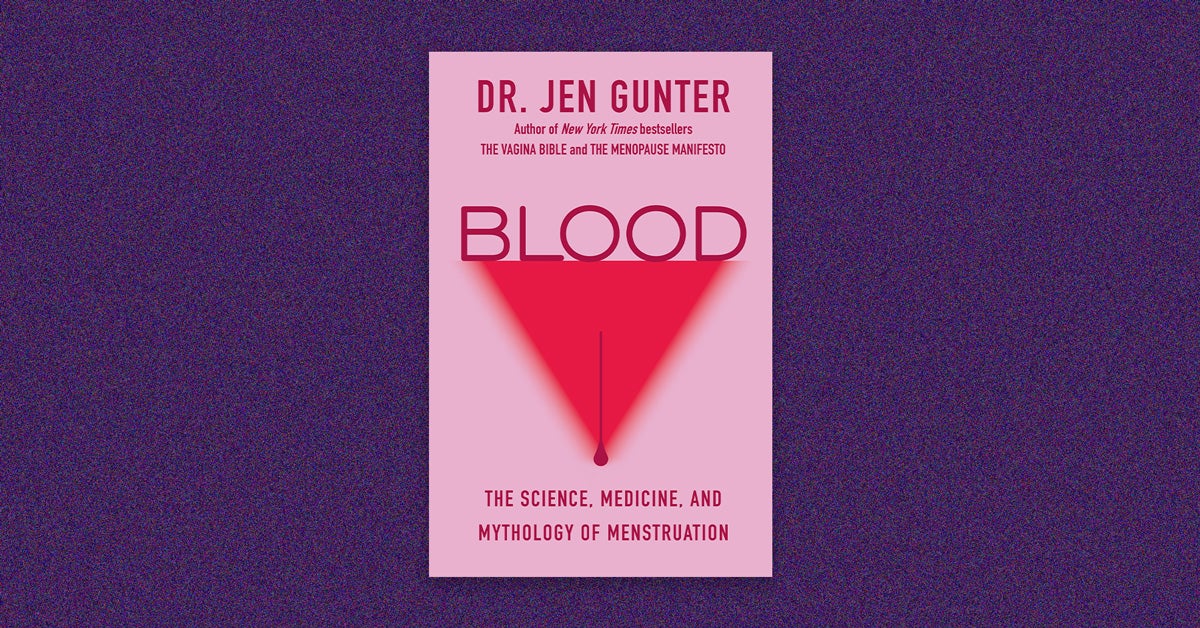Newsletter
HPH Weekly: A Q&A with Jen Gunter, the internet’s OB/GYN
This edition of Harvard Public Health Weekly was sent to our subscribers on Jan. 11, 2024. If you don’t already receive the newsletter, subscribe here. To see more past newsletters, visit our archives.
A Q&A with Jen Gunter, the internet’s OB/GYN

Jen Gunter is an OB/GYN best known for her social media takedowns of dubious health influencers, but she’s also a prolific author, having penned The Vagina Bible, The Menopause Manifesto, and now Blood: The Science, Medicine, and Mythology of Menstruation.
HPH senior editor Amy Roeder sat down with Gunter to explore the motivation behind her new book. “Every single person on this planet is here because of the menstrual cycle. That’s why everybody should learn about it,” Gunter says. As in all of her work, authentic health communication is central to the book. “I noticed early on that when I made my posts conversational, they resonated much more with people,” she says. “We need to ditch the jargon and talk in a way that is familiar.”
Mental health courts can struggle to fulfill decades-old promise

Established in 1997, mental health courts are diversion programs designed to keep people with mental illness and arrested for minor infractions out of jail. They are popular, with 650 courts now in operation across the U.S., but KFF Health News reporter Sam Whitehead finds they present a host of problems for the people they claim to benefit. They admit very few people (less than one percent of the jail population), they can be coercive, and they impose onerous requirements that, if not met, can result in incarceration anyway. And yet mental health courts are still sometimes the only route to getting care for people with serious mental illness.
This article was originally published by KFF Health News.
What we’re reading this week
- Yes, everyone is sick right now. So what can you do about it? | Vox
- New York closed psych beds for youth in crisis. Now, foster care programs and host towns are being pushed to the limit. | ProPublica
- How opioid overdoses in public restrooms led an electrician to invent ‘safe bathrooms’ | STAT
- The most mysterious cells in our bodies don’t belong to us | The Atlantic
- Social isolation: an underrecognized health crisis | Public Health Watch
Sign up for Harvard Public Health
Delivered to your inbox weekly.